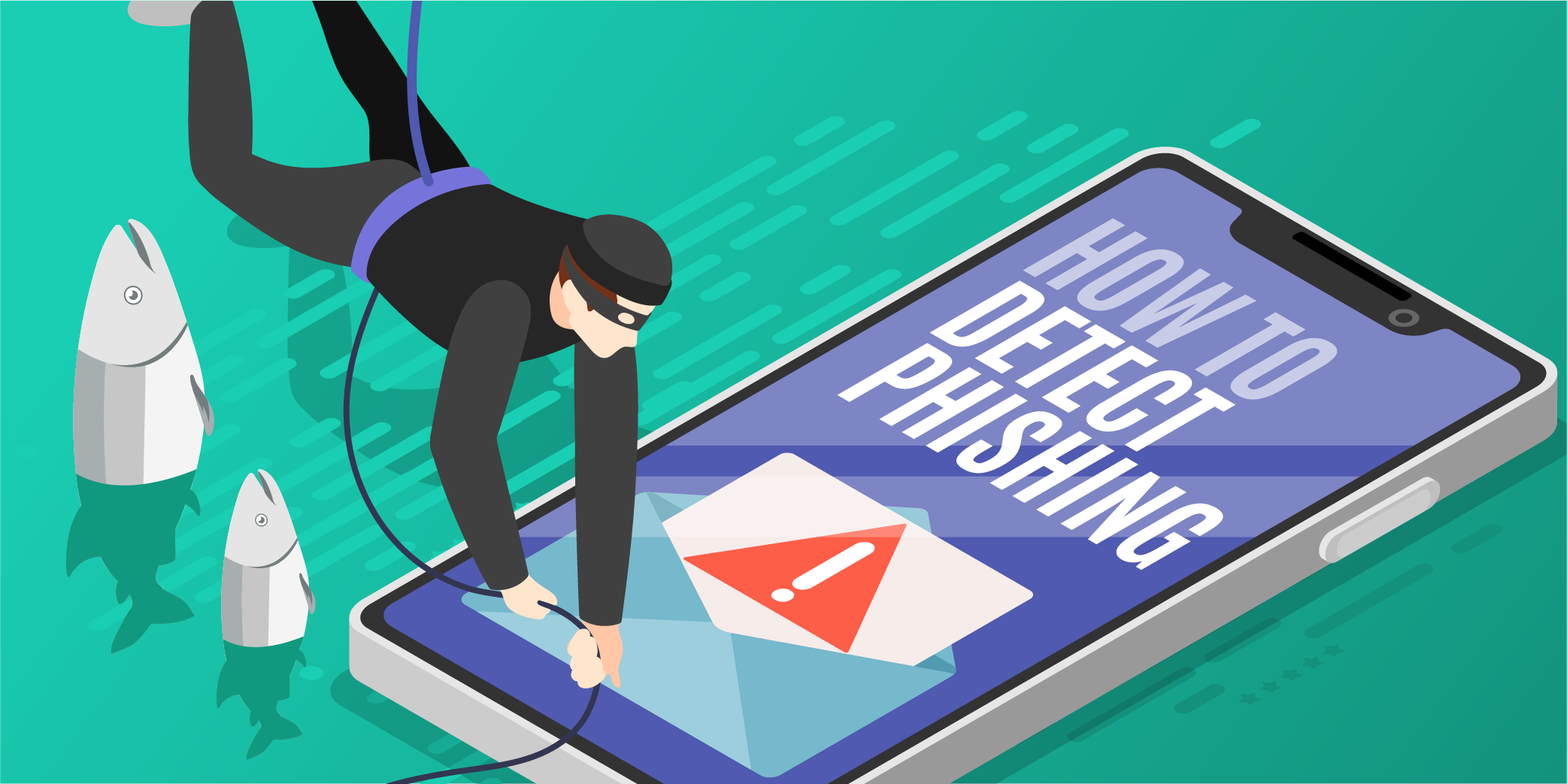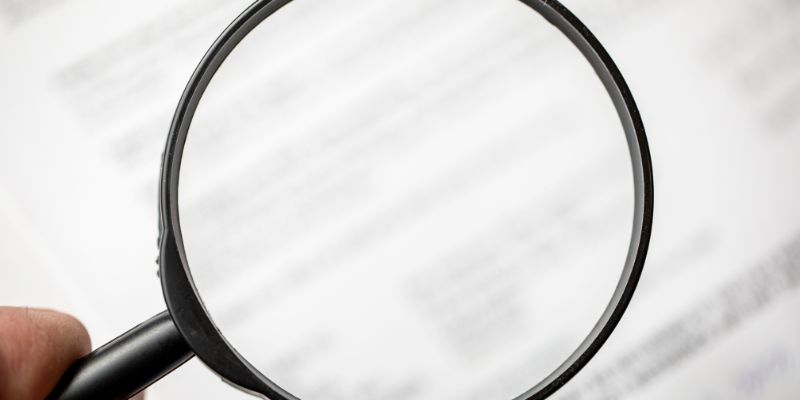A chargeback is a process between a card issuer and a trader that enables a consumer to get money back when they have used a credit or debit card to buy online.
The consumer needs to contact their card issuer and make a claim. For a successful claim they need to have grounds, which would typically be that the trader has breached the contract.
As a trader you sell something online, the card payment has gone through and then you receive notification from a card issuer that you have to pay the money back. You don't have anyone in your corner - it's you, versus the credit card issuer.
This may happen after you have been in dispute with a consumer about the transaction. It may be a complete surprise. Chargebacks are usually used when talks between the consumer and the seller have broken down. The consumer can leave their card company and the trader to slug it out.
Friendly fire chargebacks are fraud too
As well as being a reasonable framework to help consumers feel safe online, chargebacks are also a way for fraudsters to try their luck and get goods and services for free. This fraud can be consumers just trying it on a bit, so called, “friendly fire;” or people using stolen credit card details to transact online, with the intent of committing fraud.
Chargebacks are typically for small amounts. In the UK purchases for over £100 are covered the the Consumer Credit Act and result in more complex legal wrangles. There is a similar scaling throughout Europe and the USA. Also, fraudsters with stolen credit card details may be able to transact unnoticed for longer if the purchases they make are for small amounts. After all, how many people check every item on their credit card bill? Just a few dollars here and there can go undetected.
Consumers have up to 120 days to claim a chargeback
You may not know that chargebacks can be claimed up to 120 days from when a consumer becomes aware of a problem. Note that subtle point. It’s not 120 days from order.
The chargeback process is there to protect consumers from bad situations. However,even though many people will claim a chargeback perfectly legitimately. Many don’t. The chargeback relies upon there being evidence of breach of contract, so as a trader you need to be able to prove that the customer claim is not right. That’s not always easy, especially if you provide digital services and no goods are physically shipped and logged.
Often it’s easier for a trader to accept the chargeback and pay up, as it can be time consuming and relatively costly to challenge the claim.
In the UK you won’t find chargebacks in the distance selling laws. The process forms part of the Banking Scheme Rules, which offer additional protection for consumers online and which most banks subscribe to.
Overall, chargebacks are more of a negative than a positive for online traders. The process will help reassure some consumers that transacting online is safe, which is a good thing.
We see a pattern that links transactions made by people using disposable email addresses with the likelihood of a transaction becoming a chargeback. In our experience, chargebacks, fraud and disposable email addresses often go together.
Our fraud prevention product, ASSESS, is designed to help businesses reduce chargebacks, by identifying risk indicators.
Start your free trial
Start your free trial of ASSESS and find out how easy it is to detect fraud risks with email address intelligence.







